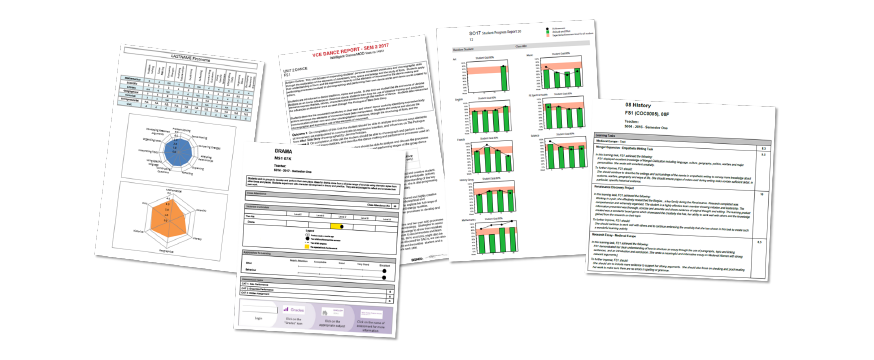Publication Date
11-2022
Subjects
Developing countries, Educational assessment, Educational development, Impact studies, International programs, Large scale assessment, Learning progressions, Lower primary years, Lower secondary years, Mathematics achievement, Measurement, Monitoring (Assessment), Partnerships in education, Program evaluation, Reading achievement, Upper primary years
Abstract
The GEM Centre provides technical support to the United Nations Educational, Scientific and Cultural Organization (UNESCO) Institute for Statistics (UIS), which has been mandated to monitor the progress of countries towards achieving the education goals of Sustainable Development Goal 4 (SDG 4). The International Standard Setting Exercise (ISSE) was undertaken to harmonise quantitative data across assessment programs, and to provide substantive information about children’s learning levels and progress benchmarked against international standards. The goal of the ISSE was to place thresholds on empirical reading and mathematics Learning Progression Scales for the Minimum Proficiency Level at the end of lower primary education; the Minimum Proficiency Level at the end of primary education; and the Minimum Proficiency Level at the end of lower secondary education.
Recommended Citation
Australian Council for Educational Research. (2022). International Standard Setting Exercise. https://doi.org/10.37517/978-1-74286-688-8
Creative Commons License

This work is licensed under a Creative Commons Attribution-NonCommercial-No Derivative Works 4.0 International License.
Copyright Statement
This document is provided under a Creative Commons Attribution NonCommercial NoDerivatives 4.0 International Licence. The Australian Council for Educational Research must be attributed as the copyright holder of this publication. To request use outside this licence, email: permissions@acer.org
Place of Publication
Camberwell, Victoria
Publisher
Australian Council for Educational Research
ISBN
978-1-74286-688-8
DOI
https://doi.org/10.37517/978-1-74286-688-8
Presentation Global Alliance for Monitoring learning 23 November 2022, Maurice Walker & Goran Lazendic
Included in
Educational Assessment, Evaluation, and Research Commons, International and Comparative Education Commons



Comments
This publication was funded by the Australian Government’s Department of Foreign Affairs and Trade, and the Australian Council for Educational Research Ltd. The views expressed in this publication are the author’s alone and are not necessarily the views of the Australian Government.